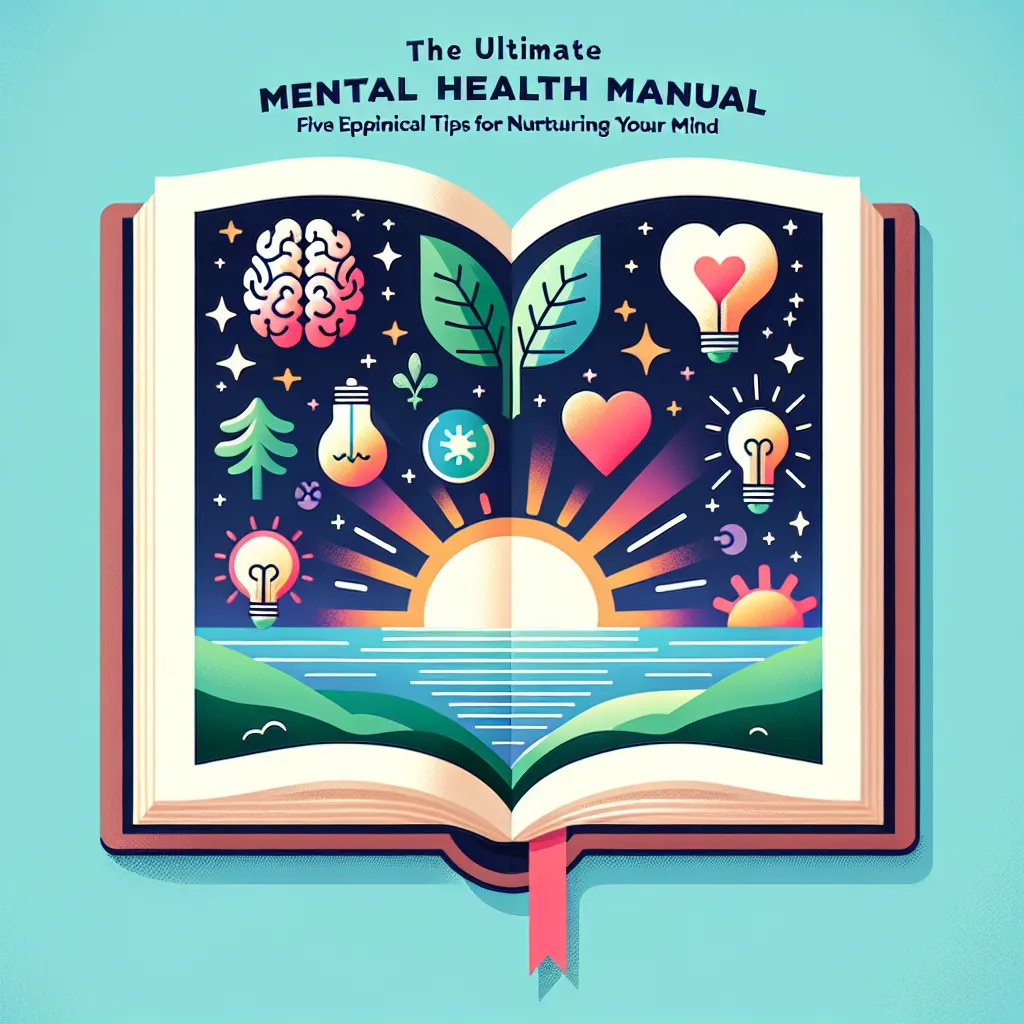Embrace Mindfulness Meditation
Mindfulness meditation, a practice that originated from Buddhist traditions, has become a scientifically-backed method for improving mental health. By focusing on the present moment and accepting it without judgment, mindfulness meditation can reduce stress, enhance self-awareness, and even combat depression.
Prioritize Physical Fitness
You might be surprised to learn that physical health and mental health are interconnected. Regular exercise is not just good for your body; it’s also an effective antidote to depression, anxiety, and stress. Exercise releases endorphins, chemicals in your brain that act as natural mood lifters.
Cultivate Social Connections
Humans are social creatures by nature, and fostering strong, healthy relationships can significantly enhance mental health. Research consistently links strong social connections to reduced risks of depression, anxiety, and improved overall well-being. So, always make time for your loved ones.
Get Enough Rest
Adequate sleep is crucial for maintaining good mental health. While you're sleeping, your brain works to consolidate memories and process the day's experiences. Lack of sleep can impact mood, memory, and cognitive function. Aim for seven to nine hours of sleep every night.
Balanced Diet: Fuel for Your Brain
What you eat affects how you feel. A balanced diet rich in fruits, vegetables, lean protein, and whole grains can enhance your mental health. Omega-3 fatty acids, found in fish and walnuts, are particularly beneficial for brain health.
Conclusion
Mental health is a vital aspect of overall well-being. While challenges are a part of life, following these evidence-based tips can significantly improve your mental health and resilience. Remember, it's never too late to start making changes for the better. Take the first step today, and embrace a healthier, happier mind.



